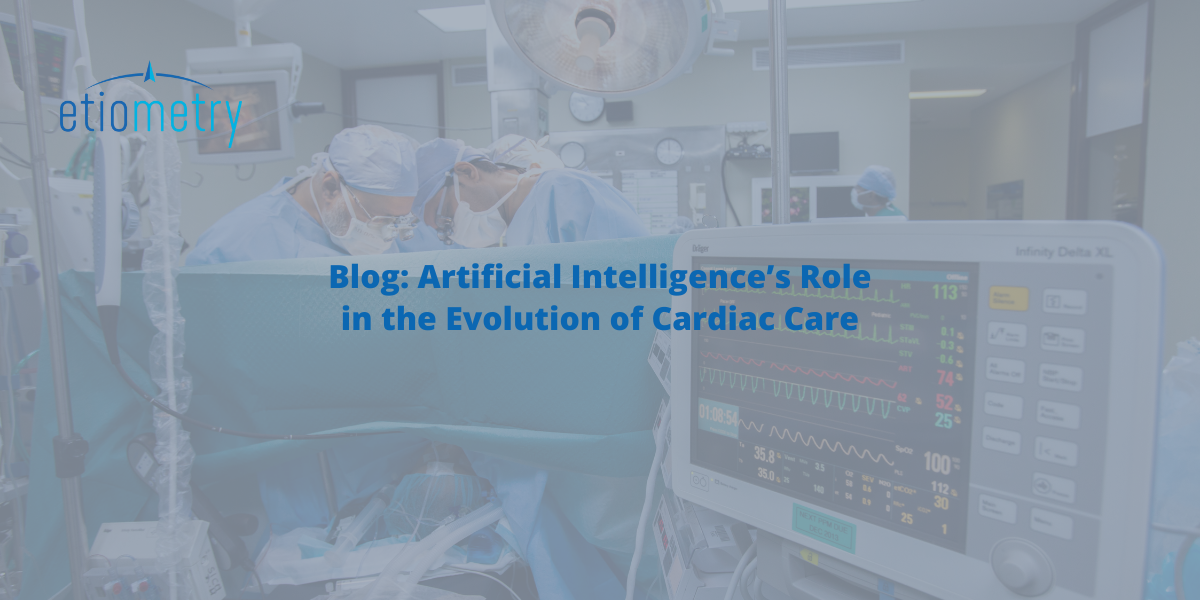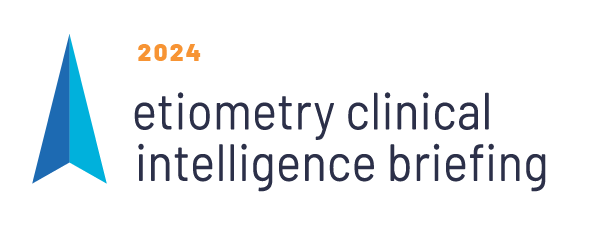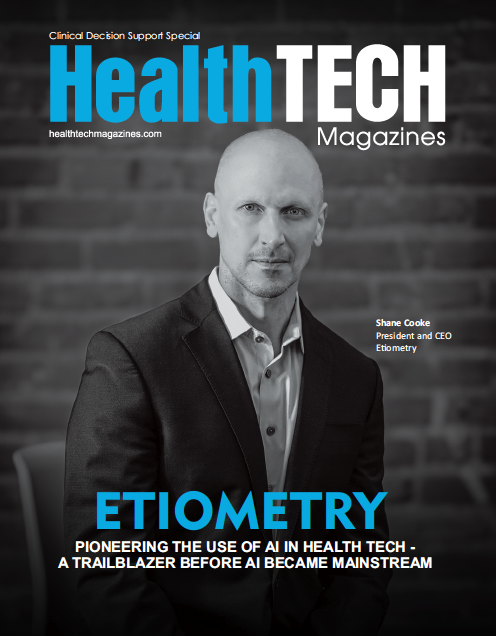Artificial Intelligence’s Role in the Evolution of Cardiac Care
Blog

Cardiac events are as common as they are critical. Heart disease continues to be the leading cause of death for people among most racial and ethnic groups in the United States, causing about one in four deaths each year. Each year, 900,000 cardiac surgeries are performed in the U.S., with an annual surgery volume growth of about 5% year over year.
Between the backlog of procedures caused by COVID-19 and the steady risk of heart disease diagnoses as the baby boomers age, advancing cardiac care is critical to improve patient outcomes, reduce costs, and decrease the risk of injury of death related to cardiac surgery.
Enter Artificial Intelligence (AI)—it has been on the rise across healthcare, from diagnostics to treatment. AI technology is designed to provide new insights to clinicians and to optimize clinical outcomes and reduce healthcare spending. AI can be the foundation for a shift from a reactive healthcare approach to a proactive one. As a result, the U.S. healthcare system could save $150 billion each year by 2026, about half of the annual cost of heart disease.
Big Data: Too Much of a Good Thing?
Technology makes it possible to access large healthcare datasets at our fingertips, pulling from medical records to wearable health monitors. More data seems like a good outcome, except when there is little-to-no time to process it. And with the ever-present challenges that clinicians face like burnout, staffing shortages, and the usability and interoperability of their devices, understanding how to use and efficiently process this data can be cumbersome. AI will be instrumental to turn this data into actionable insights across the continuum of care.
As an aggregator of data, Etiometry aids clinicians’ understanding of their patients by reviewing, analyzing, and synthesizing often disparate and disconnected data streams. The data sources include, but are not limited to, patient demographics, peripheral devices, lab results, invasive monitoring, and vital signs. With the continuous flow of patient data, Etiometry has created model-based algorithms, cleared by the FDA, that alert clinicians to physiological condition changes that may indicate increased risk for adverse events.
AI for Cardiac Condition Management
The Etiometry platform solves one of the major challenges ICU clinicians face: the ability to quickly comprehend and communicate the continuous changes in patient data minute-by-minute.
With roots in the cardiac intensive care environment, Etiometry brings deep experience in managing data crucial for decision-making at the cardiac bedside. Powered by model-based, personalized risk analytics and FDA-cleared indices, Etiometry’s platform collects data that brings attention to a patient.
The platform is being applied to automate and deploy hospitals’ Enhanced Recovery After Surgery (ERAS) protocols for the management of cardiac surgery patients throughout their hospital stay. The increased patient surveillance available with the platform brings improved detection and management of potential complications associated with cardiac surgery.
Given the continued growth of cardiac-related events in the U.S., its critical for hospitals to implement an advanced, risk-adverse data solution like Etiometry.


